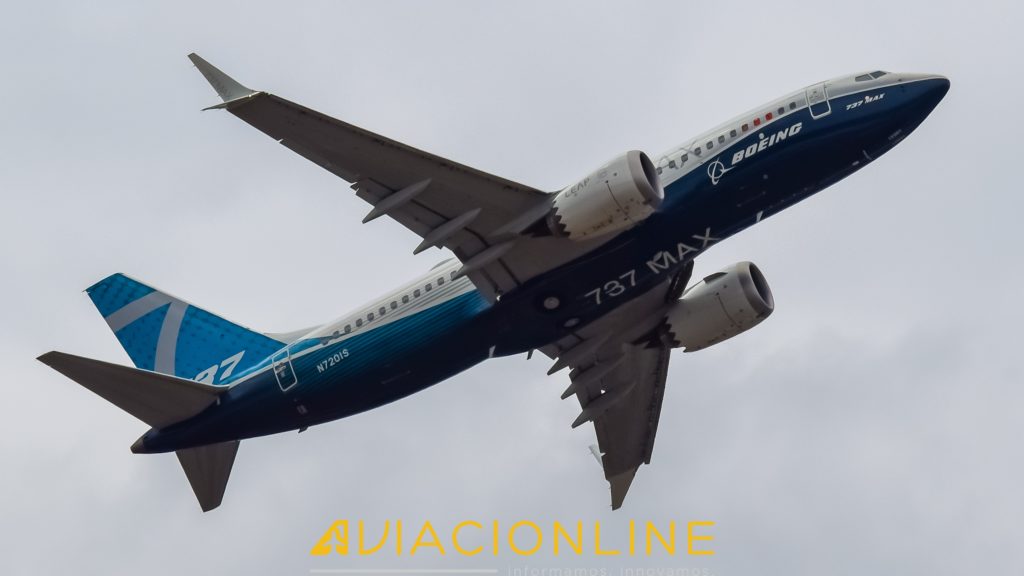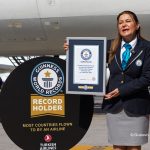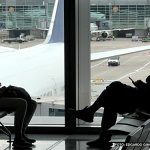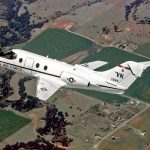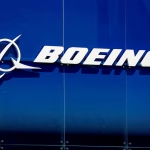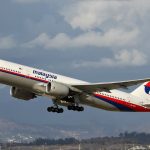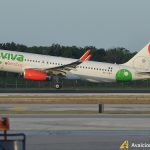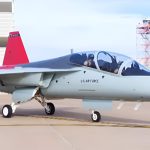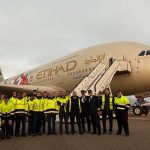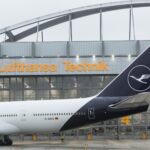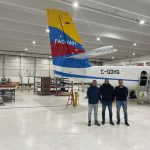The certification of the Boeing 737 MAX 7 is taking a «considerable amount of time» due to new documentation requirements imposed by the Federal Aviation Administration (FAA), the American manufacturer stated.
Nevertheless, the company still believes it can obtain the necessary approval by the end of this year, according to a report by Reuters. Both the 737 MAX 7 and the MAX 10 are crucial for Boeing to compete with Airbus in the narrow-body segment. However, neither has received the certification required to commence commercial operations.
See also: Shareholders Sue Spirit AeroSystems Over Boeing 737 MAX Defects
Boeing prepares final documents for the 737 MAX 7
According to the manufacturer, the final documents required by the U.S. regulatory authority are currently being prepared as the necessary process progresses towards approving the start of operations.
«The amount of documentation that we are producing on these airplanes relative to what we had to produce in the past is considerably much larger than it has been», stated Mike Fleming, Senior VP for Commercial Development Programs at Boeing.
According to statements quoted by Reuters, the Federal Aviation Administration once again emphasized that «safety will dictate the timeline» and they do not comment on ongoing certifications.
See also: Europe: EASA may require safety modifications for the Boeing 737 MAX 7 and MAX 10
Back and forth in the process
In late September 2022, the regulator informed Boeing that the documentation submitted for certifying the MAX 7, the smallest variant of the family, was inadequate. Consequently, it was unlikely that the process would be completed before the end of that year.
On January 1, 2023, the Aircraft Certification, Safety, and Accountability Act (ACSAA) would come into effect and tighten the conditions necessary for obtaining a type certificate for a new aircraft. The new regulation, approved in 2020, emerged in response to the controversy surrounding the nature of the process that expedited the approval of the MAX 8 and MAX 9 variants, the only ones currently in commercial operation.
In this context, the company had to comply with the new requirements for cockpit alert systems, which were much more demanding than those that allowed the Federal Aviation Administration to grant an exemption from the need to improve these mechanisms. The only way to avoid it would be to obtain an extension from the United States Congress.
While the proposal was initially rejected, the bicameral legislature ultimately exempted both variants. This was good news for Boeing as it avoided the need to redesign them to meet the new requirements. However, the certification process continues and still has no end in sight.
Despite these challenges and the uncertain future of two of them, the company continues to find interested customers for all four variants of its latest narrow-body development.
See also: Southwest will take fewer Boeing 737 MAX deliveries in 2023 than initially expected

